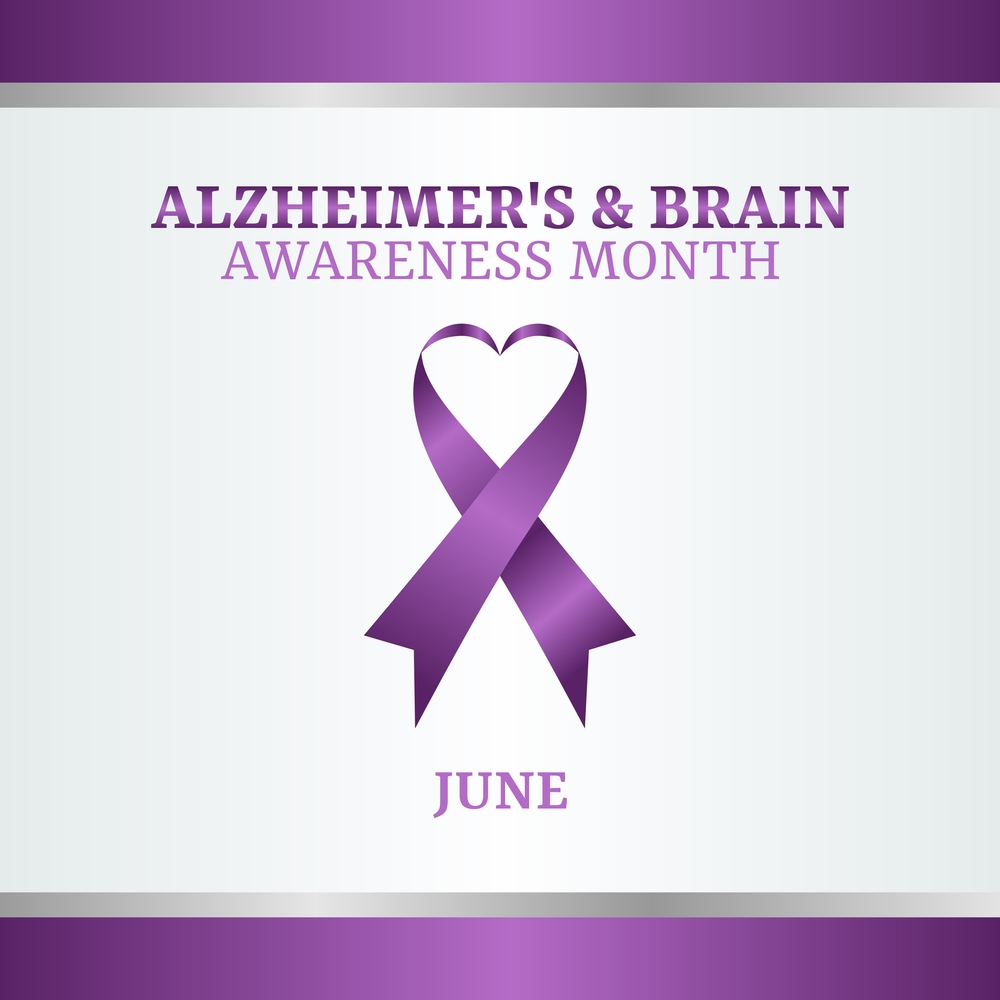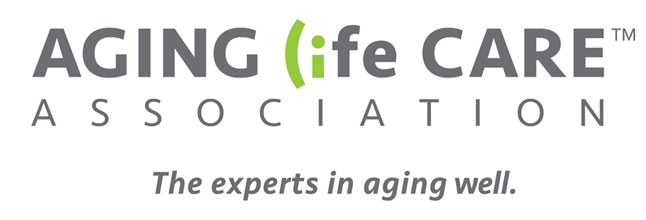June is Alzheimer’s and Brain Awareness Month and its goal is to educate people about Alzheimer’s and other forms of dementia and the care that individuals with the disease require. As we age, we’re more likely to know someone dealing with dementia personally or within their families. My wife’s father had Alzheimer’s and a young friend has been diagnosed with aphasia, a condition that affects a person’s ability to understand or express speech. While there is no cure to date, there are things we can do to help ourselves and loved ones slow the progress of the disease, stay active, and plan for future needs. Whether you are the person diagnosed or a loved one, here are a few tips for coping with early-stage dementia:
- Share the diagnosis. Some people fear how others will react to their diagnosis and keep it a secret in the early stages. Talking with family and friends and joining support groups can provide crucial emotional support.
- Be social. Loneliness is a risk factor for dementia and can accelerate mental decline. Maintaining existing relationships and meeting new people provide mental stimulation, enjoyment, distraction, and other psychological advantages. Socializing benefits caregivers as well.
- Stay active. Exercise, getting out in nature, engaging in hobbies, and other activities offer proven benefits to those with dementia.
- Address legal and financial issues. Prepare a healthcare proxy, living will, power of attorney, will, and possibly a trust. Discuss healthcare wishes and long-term care planning with loved ones, including who can provide care and how to pay for it. Medicaid planning should also be considered.
- Regularly discuss what help is needed. In the early stages, the individual may need little assistance and can maintain a relatively normal life. He or she should retain as much independence as is safe to have. However, as the situation changes, there should be continuing conversations about providing appropriate assistance. Common concerns include handling bills and other daily financial tasks, driving, cooking/eating, and home safety.
- Find out about medication options. There are some medications available to help slow the disease in the early stages, including some that are in clinical trials. Investigate joining a trial to gain access to these drugs. Not only may it help with the disease but it may also help the individual feel more useful and optimistic.
Dementia often progresses slowly so it is important to continue to live a full life for as long as possible.
To raise awareness about Alzheimer’s and dementia care needs, visit the Alzheimer’s Association website to learn what you can do.




